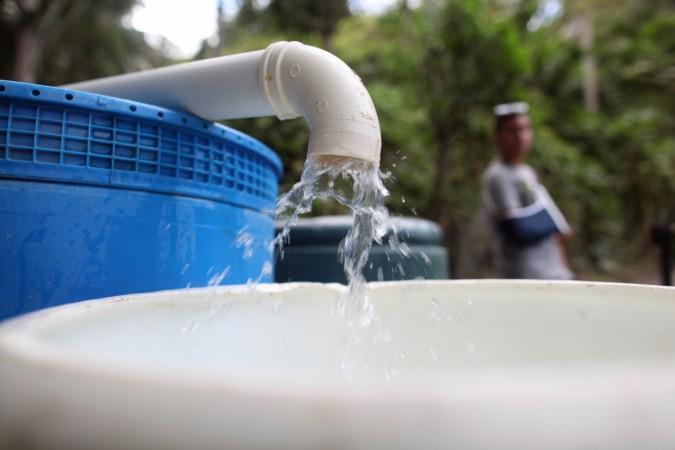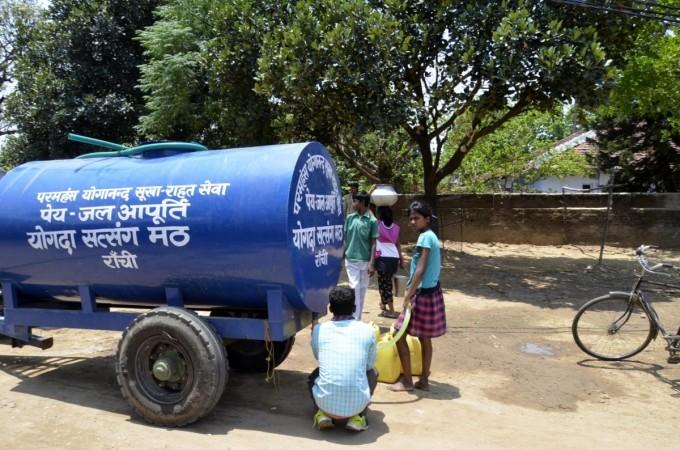
As the Benagluru water crisis intensifies and the stories circle around intimidating fines imposed on a large number of people for wasting water, the city has no option but to focus on sustainable solutions. Based on a few ground reports, many netizens have been urging the IT industry and the government to contemplate Work From Home (WFH). Given the large number of migrant IT influx, WFH on a temporary basis, is likely to depopulate India's silicon valley and help tide over the crucial summer months.
With the borewells drying up fast, the Karnataka Government says it faces a staggering shortage of about 500 million liters of water per day against its requirement of 2,600 MLD.
While it's been a dry Holi for the city and the ban on use of water for non essential purposes was imposed in the second of March itself, within the past three days, the Bangalore Water Supply and Sewerage Board (BWSSB) has imposed fines totalling Rs 1.1 lakh on as many as 22 residents for violating curbs on activities like car washing, gardening, construction puposes, running fountains etc.
Reportedly, a major chunk of detected violations have been from the southeast division of Bengaluru. Apart from families being fined for wasting drinking water, a water tanker was also booked for selling water to commercial establishments.

Among the forerunners of those suggesting WFH has been Justice K. Sreedhar Rao, former acting Chief Justice of the High Courts of Karnataka and Assam. During a recent event, he proposed the short-term solution of working from home. The proposed solution will affect as many as approximately 15 lakh IT workers in Bengaluru.
Will the proposal gain traction?
While the proposal immediately found favour with the migrant netizens, who feel the solution will not only be effective but also instant. "Millions of youngsters migrate to Bengaluru every year for work. If the WFH option is given, it'll solve a majority of the water problem within one weekend itself when the workforce migrates back to its hometowns," opined a user, echoing the sentiments of many. Another commented that until a permanent fix is found for the water problem, this will have to be the way out every summer for Bengaluru.
However, many large companies maintain that they have systems for water conservation in place and it is status quo for now. A report in The Hindu says that companies have asked the government to resort to more sustainable ways than WFH. It quoted NetApps' Krishna Bettan as saying, "At the office, we 're putting in more measures to restrict wastage of water as we've always been doing. But the work situation is hybrid and employees come to the office on a need basis. Teams take a call based on their work and deliverables."
Since the month of February, Bengaluru has been reeling under the pressure of water scarcity. Lately, the crisis has affected the daily lives of residents and brought the city's projections to a halt. The Bangalore Water Supply and Sewerage Board (BWSSB) has identified as many as 257 areas in the face of potential water crisis.
Earlier this year, Karnataka Dy CM DK Shivakumar informed the assembly that 255 of the city's water needs are met by water tankers. The borewells have been another ominous sign for water scarcity, with 10,995 borewells supplying around 400 MLD of water and 1240 borewells at the risk of drying up soon. Before the infrastructural and long-term solutions are put in place, Bangalore needs to act soon.








